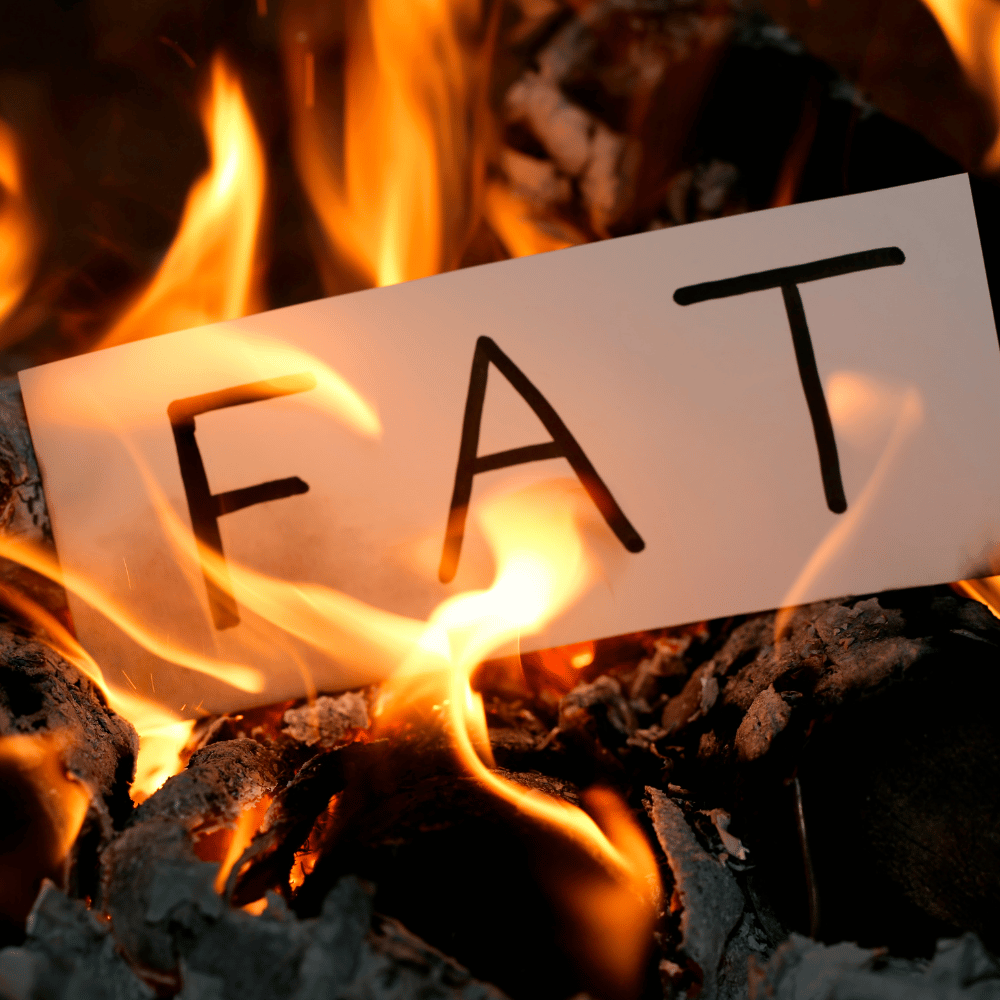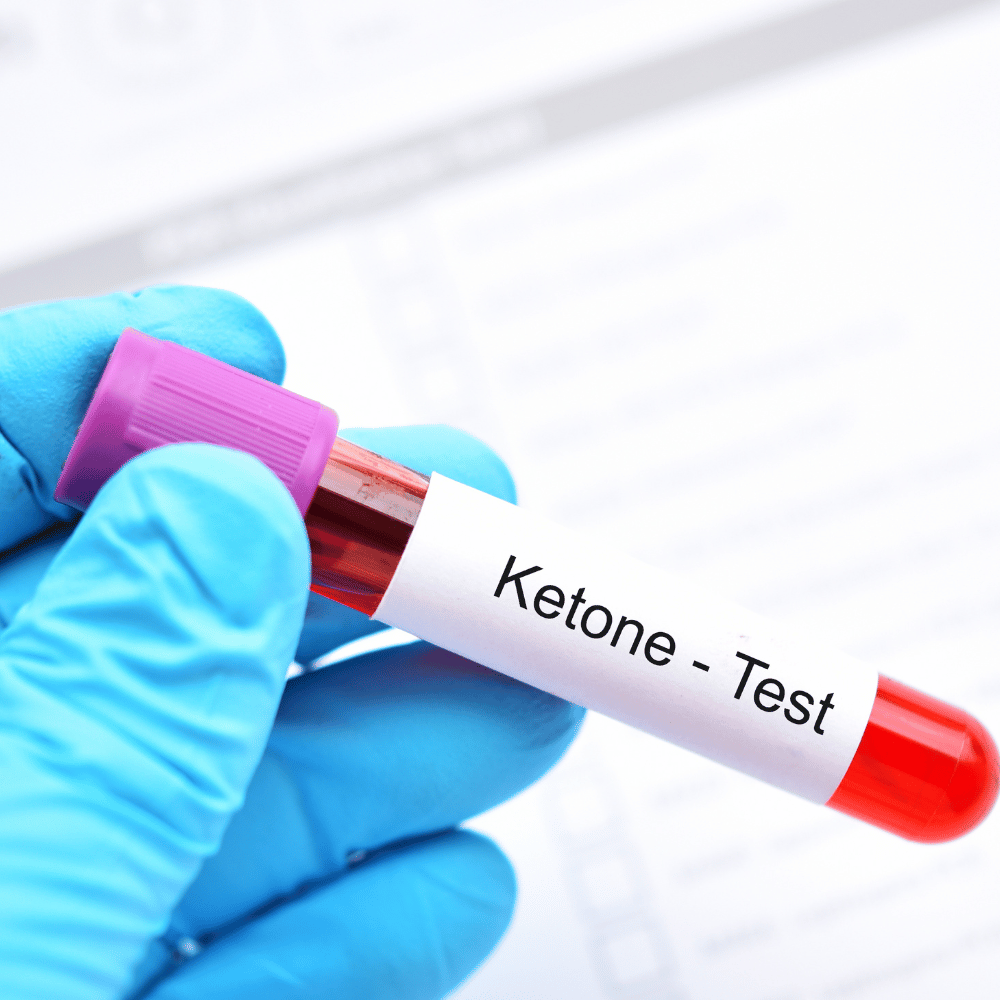Carb cycling and intermittent fasting have been popular diet trends recently, and with good reason. These two methods of eating can help you lose fat, increase the efficiency of your metabolism, and promote healthy body composition. Let's take a look at why carb cycling and intermittent fasting are beneficial to those looking for healthful approaches to dieting.
What is Carb Cycling?
Carb cycling is an eating plan that alternates between high and low carbohydrate consumption to reduce fat while maintaining muscle mass. This routine involves regularly changing the amount of carbohydrates in your diet, which some people believe can help improve body composition, support athletic performance, and reduce health risks associated with high insulin levels.
Carb cycling usually involves alternating days or weeks of higher carb intake with lower carb days or weeks. The idea is to create a nutritional balance by varying how much carbs, proteins, and fats you consume on different days throughout the week. On your “high” carb days, you should focus on consuming healthy sources like quinoa, oats, fruit, sweet potatoes, etc., while reserving processed carbohydrates for post-workout meals or snacks only. On low-carb days you should switch to nutrient-dense protein sources like fish or chicken as well as plenty of veggies such as dark leafy greens for energy and fiber along with healthy fats such as nuts and avocado for satiety Moderate carb days are somewhere in the middle at around 100-200 grams; this usually consists of the same foods eaten on lower carb days alongside some higher-carb foods like sweet potatoes or legumes.
Low carb day (50-150 grams of carbs)
Medium carb day (100-200 grams of carbs)
High carb day (180-300 grams of carbs)
Research has found that individuals who strategically include moderate carbohydrate intake on specific occasions have improved fat-burning capabilities compared to those following continuous low-carb diets all week long; they also experienced improved insulin sensitivity markers and saw reduced negative impacts from their overall caloric restriction plans without losing more muscle mass than their low-carb counterparts over a similar period.
Overall it can be said that although there is limited evidence behind this dietary approach at this moment in time – when applied correctly it could provide effective short-term results if part of an overall balanced nutrition regimen focusing on wholesome foods rather than anything highly processed/refined.
Bodybuilding.com has more information on carb cycling if you would like to learn more.
What is Intermittent Fasting?
Intermittent fasting (also known as IF) is an eating pattern that involves regular periods of fasting interspersed with periods of eating. This type of diet has benefits beyond just weight loss; it can also reduce inflammation in the body, lower cholesterol levels, improve brain health, reduce the risk of diabetes, and boost metabolism. With IF, you will typically fast for 16 hours or more each day before consuming any meals or snacks; during this period, only water or noncaloric beverages are allowed. After this period has passed, you can then enjoy healthy meals within a shorter timeframe such as 8 hours per day.



Benefits Of Carb Cycling & Intermittent Fasting Together
When combined correctly, carb cycling and intermittent fasting can have even greater benefits than either one alone would provide. When carb cycling on an intermittent fasting schedule, helps maximize fat burning by utilizing both low carbohydrate intake on certain days as well as longer periods without food intake on others. Additionally, when combining these two methods helps keep cravings at bay due to the timing factor involved with both diets; if you’re not hungry because you’ve just eaten a big meal it becomes much easier to resist cravings! Studies have also shown that people who combine carb cycling and intermittent fasting make better progress towards their goals than those who don’t follow either approach individually—so why not give them a try together?
Risks Of Carb Cycling & Intermittent Fasting Together
Carb cycling and intermittent fasting together can be an effective way to lose weight, reduce body fat, and ultimately improve overall health. However, just like any other diet or lifestyle change it comes with certain risks that should be taken into consideration.
The main risk associated with carb cycling and intermittent fasting is the potential for developing nutrient deficiencies if your diet lacks adequate essential vitamins and minerals over time. It's important to ensure you’re getting enough of these nutrients by eating a variety of whole foods that provide protein, healthy fats, complex carbs, fruits, vegetables, and other key micronutrients. When coupled with appropriate strength training exercises - which help to build muscle mass - you'll be able to enjoy the weight loss benefits without risking nutritional deficiencies in the long term.
Another risk worth noting is that alternating between low-carb days (where fewer carbohydrates are consumed) as part of a carb cycling plan could lead people to consume too few calories on occasion – resulting in feeling overly fatigued or not having enough energy throughout the day. To counteract this issue make sure your macronutrient intake is adjusted accordingly when transitioning between high-carb days and low-carb days so that caloric needs are met sufficiently each day (e.g., don’t decrease carbs drastically on low-carb days). This helps maintain consistent levels of energy throughout the week while not overconsuming calories during high-carb days either (which can potentially lead to weight gain).
Finally, another potential risk associated with combining these two methods involves those who follow a ketogenic (low carb diet) due to its restrictive nature – which can sometimes result in side effects such as constipation or symptoms of “keto flu” upon beginning or discontinuing it unexpectedly; although most individuals find these issues resolve within a short period time once their bodies become adapted/more accustomed towards using ketones for fuel rather than glucose obtained from dietary carbohydrates alone. Given this it's recommended anyone following both carb cycling/intermittent fasting alongside a ketogenic diet works closely with their doctor & nutritionist prior to necessary periodic adjustments being made along the way to ensure they remain safe & healthy while achieving desired results desired.



Summary:
A carb-cycling diet combined with intermittent fasting offers numerous health benefits when combined correctly. They can help promote fat loss while still providing enough fuel for workouts or other activities each day. Additionally, they help reduce cravings by providing larger meals spaced out over time instead of several smaller snacks throughout the day which may lead to overeating or binging on unhealthy foods later on in the day. For athletes looking to reach their peak performance while still maintaining a healthy lifestyle, these two diets are definitely worth considering. With proper planning and execution, they may just be able to take your fitness goals from average results to extraordinary ones.
Related Pages:
- Picking The Best Coffee Creamer for Intermittent Fasting
- Choosing The Best Coffee Creamer For Weight Loss
- The Case for Healthy Coffee Creamer
- Does Oat Milk Break a Fast?
- Does Stevia Break a Fast?
- Does Coffee with Creamer Break a Fast?
- Can You Drink Coconut Water While Fasting?
- What's Difference between Dirty Fasting vs Clean Fasting?
- Does Coffee with Cream Break a Fast?
- Does Truvia Break a Fast?
- Does Collagen Break a Fast?
- Intermittent Fasting for Night Shift Workers: The Lowdown
- What is Intermittent Fasting 20:4?







